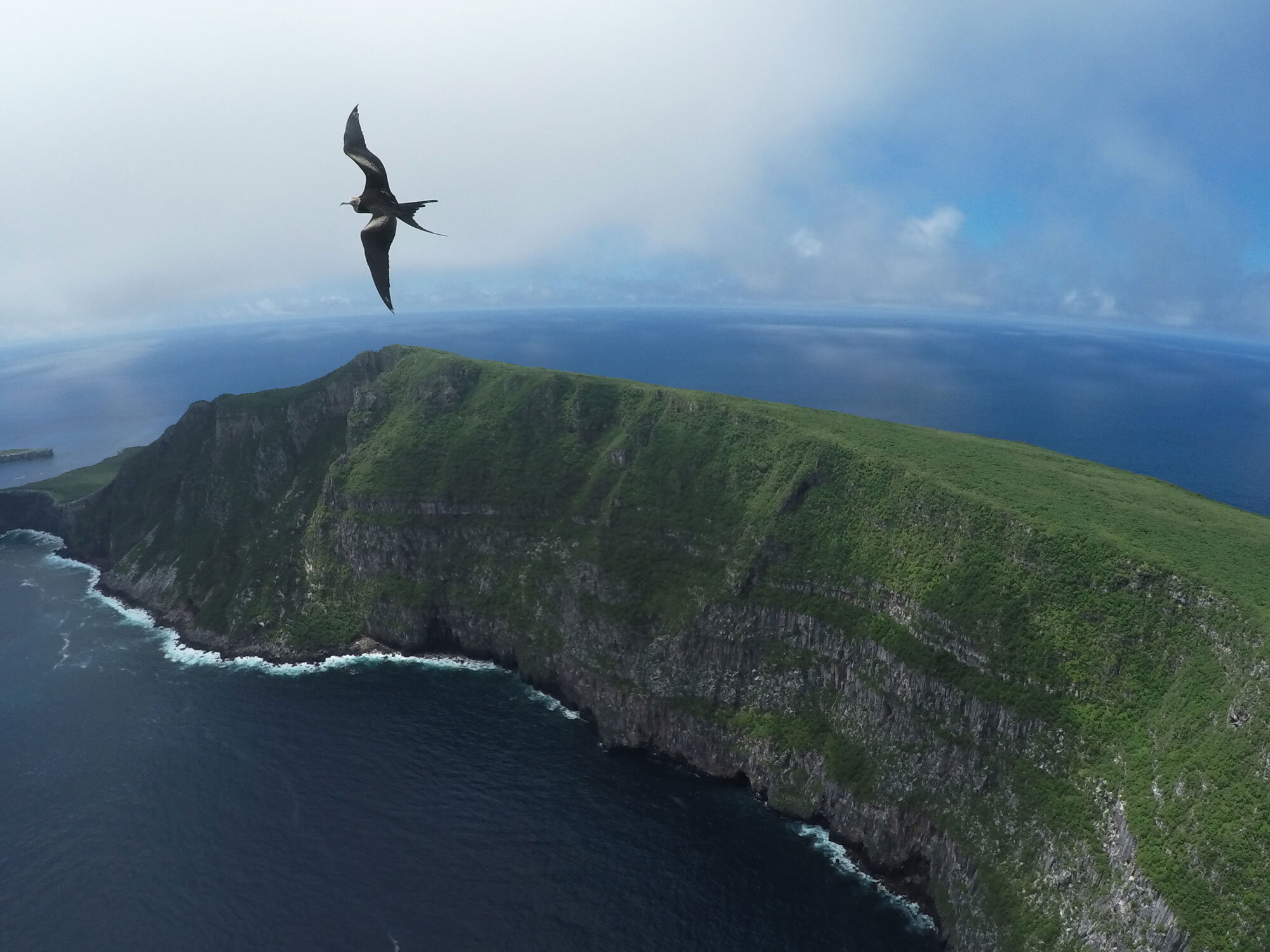Visa and travel
The Galapagos Islands are a province of Ecuador. Passport holders of most Western and Asian countries will be issued with a visa on arrival into Ecuador that allows for stays of up to 90 days, however, we always advise our guests to check for updates and changes at www.ecuador.org.
Please make sure that your passport has at least 6 months validity beyond the period you intend to stay in Ecuador. If you are travelling with medication, please ensure you bring your physician’s prescription with you.
Advice on International Flights
Quito Airport, Ecuador
We suggest you book your international flight to arrive into and out of Mariscal Sucre International Airport, Quito (UIO) in Ecuador (though you can use Guayaquil International Airport if it is more convenient) and that you arrive in Ecuador 1-2 days at a minimum before the expedition departure so you are well rested before the start of the journey.
There are domestic flights to San Cristobal from both Quito and Guayaquil. Disembarkation at the end of the expedition will be just before 10 am.
If you are not staying in the Galapagos or Ecuador for any additional nights before or after the trip, please book your international flights to allow plenty of time for the domestic arrival and international check-in.
Galapagos Domestic Flights
Transfers
Embarkation time is dependent on flight arrivals but ideally at 13:00. When you are already on San Cristobal Island in Galapagos, please make sure you inform us as to which hotel you are staying in. On the day of embarkation, our staff will meet you at your hotel at 12:00 noon to pick up your luggage (please have it ready) and let you know about the arrangements for your transfer to the expedition vessel.
From San Cristobal airport, we also provide a transfer straight to Galapagos Master, which takes approximately 10 minutes.
Disembarkation will be at 8.30 am. We will organize a visit to the Interpretation Center which provides an interesting overview of Galapagos history.
Health
There are two hospitals in the Galapagos Islands, though services are limited and the facilities are by no means sophisticated. We advise all guests to ensure general vaccinations such as for diphtheria, polio, and tetanus are up to date prior to travel while vaccinations are recommended for hepatitis A, hepatitis B and typhoid. If you have been in a country affected by yellow fever within six days of arriving in Ecuador, you will need an International Certificate of Vaccination for yellow fever to be allowed entry into the country.
Please make sure you use insect repellent and cover exposed skin to prevent any insect-borne diseases. We recommend that travelers follow normal precautions with food in order to prevent stomach upsets and be sure to drink either boiled or bottled water only while on land. Onboard Galapagos Master we produce our own purified water and recommend the use of electrolyte powders daily to ensure adequate hydration.
A proof of C19 Vaccination is not mandatory when entering Ecuador and Galapagos.
Diving Emergencies
In the unlikely event a dive accident occurs there is a hyperbaric chamber in Puerto Ayora on the island of Santa Cruz. They operate a 24 hour emergency service with physicians, emergency medical technicians (EMTs), chamber operators, and patient attendants on staff. All are trained by accredited international associations in hyperbaric medicine.
The clinic has the latest technology and operates under rigorous international regulations and safety standards. We strongly urge that all guests dive well within recognized limits, follow dive guides’ advice and, of course, purchase specific dive insurance before their trips.






